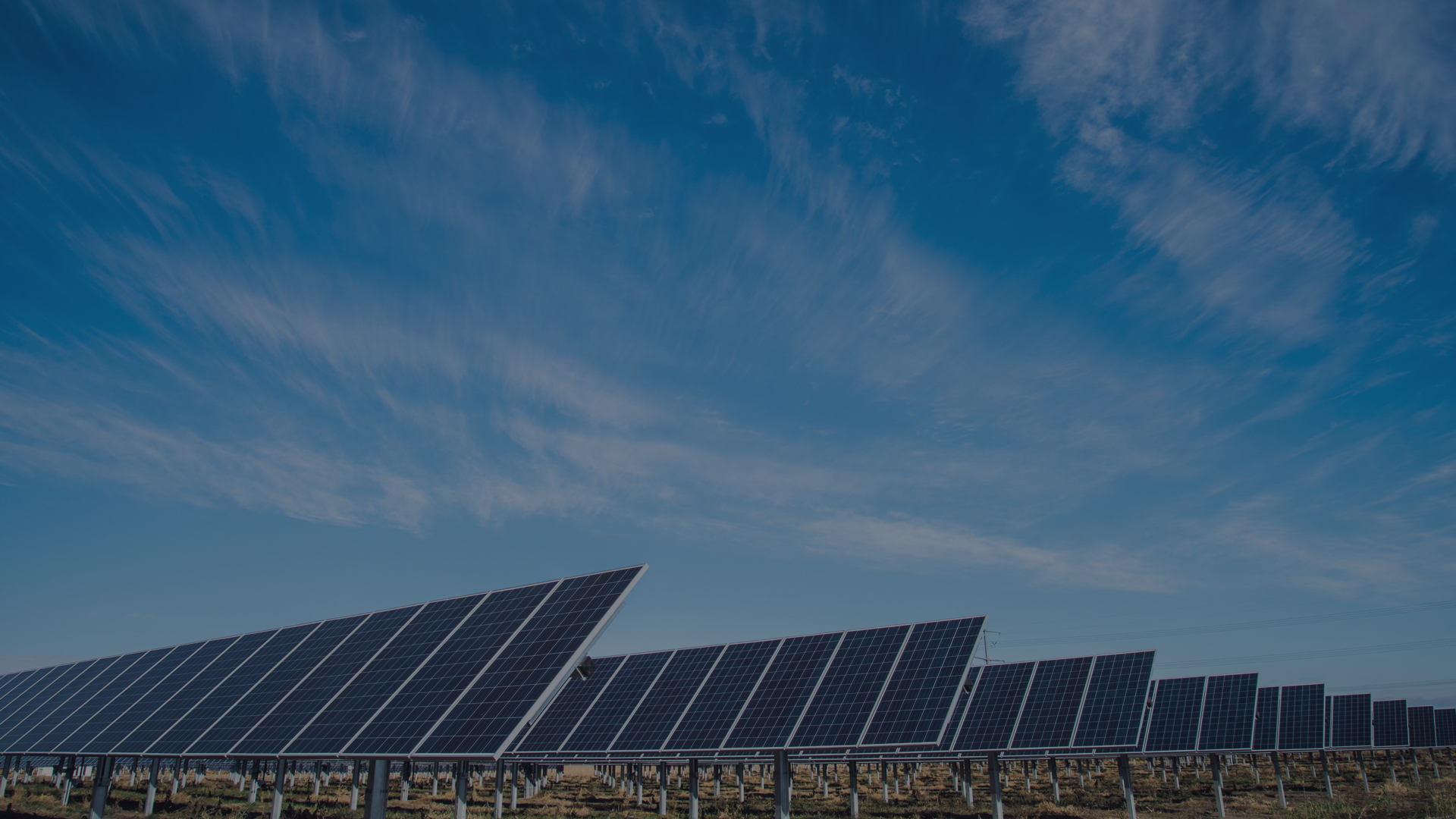People are more likely to install solar panels on their roof if their neighbours have already done so.
Solar panels have become an increasingly popular form of domestic renewable energy ever since the initial introduction of the Feed in Tariff in 2010. As of August of this year, over 360,000 homes in the UK have a photovoltaic system – a fourfold increase on last year.
A new study from the US has revealed that homeowners are even more likely to install their own solar panels if houses close by already have them.
The paper, entitled 'Peer Effects in the Diffusion of Solar Photovoltaic Panels' outlined the fact that one house installing solar panels can lead to a domino effect of other installations in the surrounding area.
Published by Marketing Science, the study suggested that ten extra installations in a post code increases the probability of further installations by almost eight per cent.
Visibility of the panels and word of mouth were two main factors behind this.
Kenneth Gillingham, co-author and Assistant Professor of economics at the Yale School of Forestry & Environmental Studies told greenbusiness.com: "If my neighbour installs a solar panel and tells me he's saving money and he's really excited about it, it's likely I'll go ahead and do the same thing.
"Then there are others who'll install because they don't want to be one-upped by their neighbours."
Researchers calculated that a ten per cent increase in solar panel installations could in fact lead to a 54 per cent rise in the number of panels installed within that area.
This 'social spill over' could have far-reaching effects on the number of photovoltaic systems around the country, particularly if solar energy's popularity continues to increase. As it stands, almost three-quarters of the British public believe that the government should utilise more solar to meet the country’s future energy needs and there are hopes that the Green Deal Cashback Scheme will see even more households and small businesses looking to install their own solar energy system.
